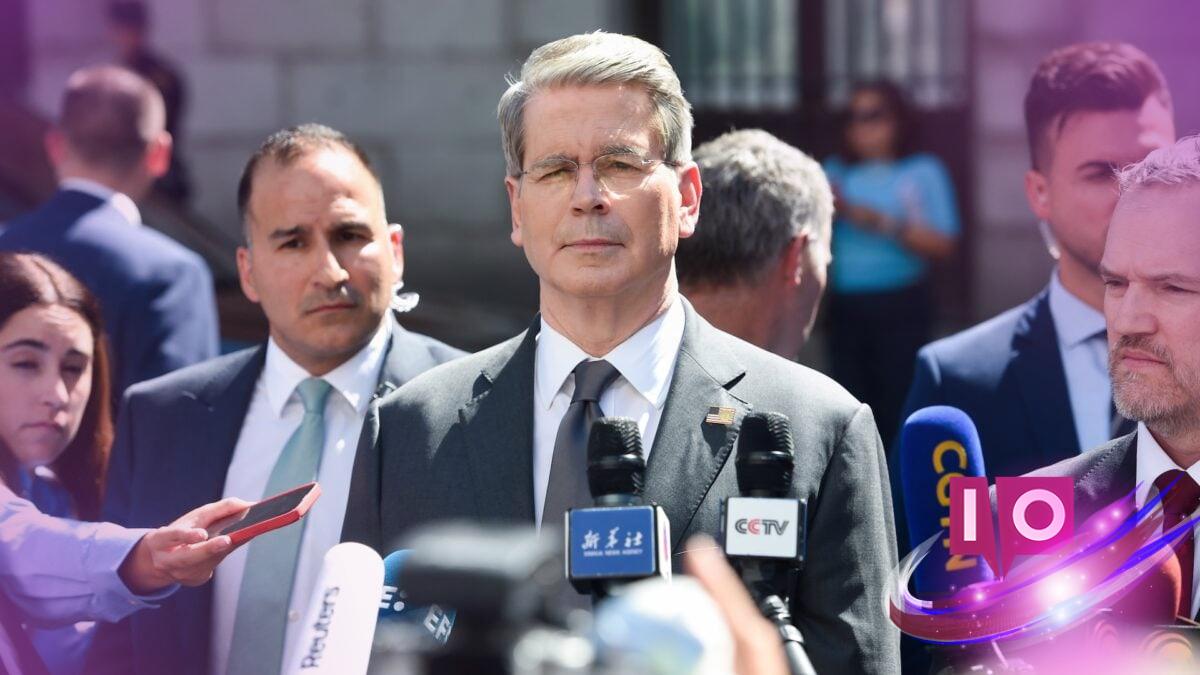As discussions heat up regarding TikTok’s future in the U.S., recent statements from Treasury Secretary Scott Bessent indicate that an agreement may be on the horizon that allows the popular social media platform to continue operating in the country. This follows a 2024 law aimed at either banning TikTok or requiring a sale to American interests.
Bessent’s comments emerged after he and U.S. Trade Representative Jamieson Greer conducted meetings with Chinese officials in Madrid. According to Greer, they are optimistic about reaching an agreement pending necessary approvals. He mentioned, “We believe we have an agreement. It’s just subject to the leader’s approval.”
When questioned about potential deadline extensions beyond Wednesday, Greer acknowledged the possibility but stressed that no repetitive extensions would be forthcoming.
Despite President Donald Trump’s past claims of not allowing extensions, history shows a series of delays. The law passed in 2024, which President Biden signed, mandated Bytedance, TikTok’s parent company, to sell the app to U.S. interests or face a ban. Initial deadlines have been extended multiple times, going from January to April, June, and now September 17.
In response to queries about the timing of the negotiations, Bessent confirmed that the “framework is for it to switch to U.S.-controlled ownership,” while refraining from providing further details until the leaders confirm the deal on Friday.
What does “U.S.-controlled ownership” actually mean? It’s still unclear whether this will involve some form of U.S. government ownership or strictly private American ownership. The U.S. government recently took a 10% stake in Intel as part of a controversial move, raising eyebrows about potential implications for TikTok.
U.S. negotiators are tackling not just TikTok but also a broad array of trade issues, including tariffs and rare earth minerals. The U.S. has imposed tariffs on Chinese imports averaging 30%, with even steeper tariffs of 145% currently paused until November.
Interestingly, Trump hinted at a deal even before Bessent’s remarks, cryptically alluding to a “certain” company that youths in the U.S. care about preserving in a series of posts on Truth Social. He proclaimed, “The big Trade Meeting in Europe…has gone VERY WELL! A deal was also reached on a ‘certain’ company that young people…very much wanted to save.”
Ironically, Trump was the first to attempt banning TikTok during his initial term but dramatically reversed his stance in March 2024, just months before the upcoming election. Pundits have speculated that discussions with wealthy supporters may have influenced this shift.
ByteDance has consistently expressed disinterest in selling TikTok. While various U.S. buyers are emerging, a significant obstacle remains: TikTok’s algorithm, deemed essential for its addictive appeal. Without it, a potential acquisition would be less meaningful. The question is, will Chinese officials allow U.S. access to this critical aspect of the platform?
What are the implications for TikTok’s users should a deal go through? A transition to U.S. control may enhance user confidence about data privacy and security, but specifics remain to be disclosed.
How might the recent developments affect TikTok’s global strategy? Increased U.S. control could potentially alter TikTok’s content policies and business operations in international markets, depending on how the negotiations unfold.
Ultimately, as these discussions continue, the future of TikTok in the U.S. could see significant changes that will impact its users and the broader social media landscape. Keep an eye on this evolving situation as it develops, and for more insights on such pressing current events, explore resources like Moyens I/O.
